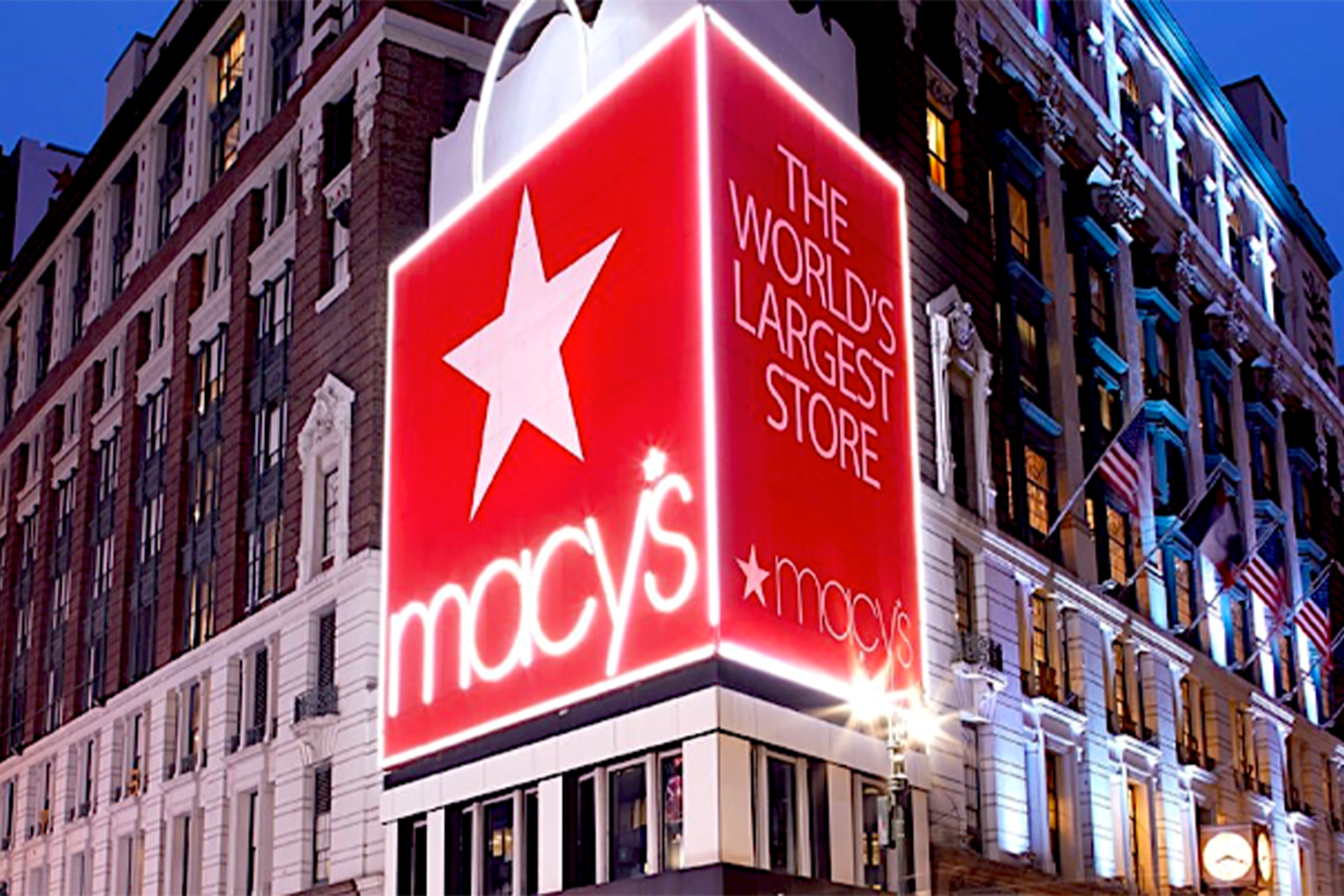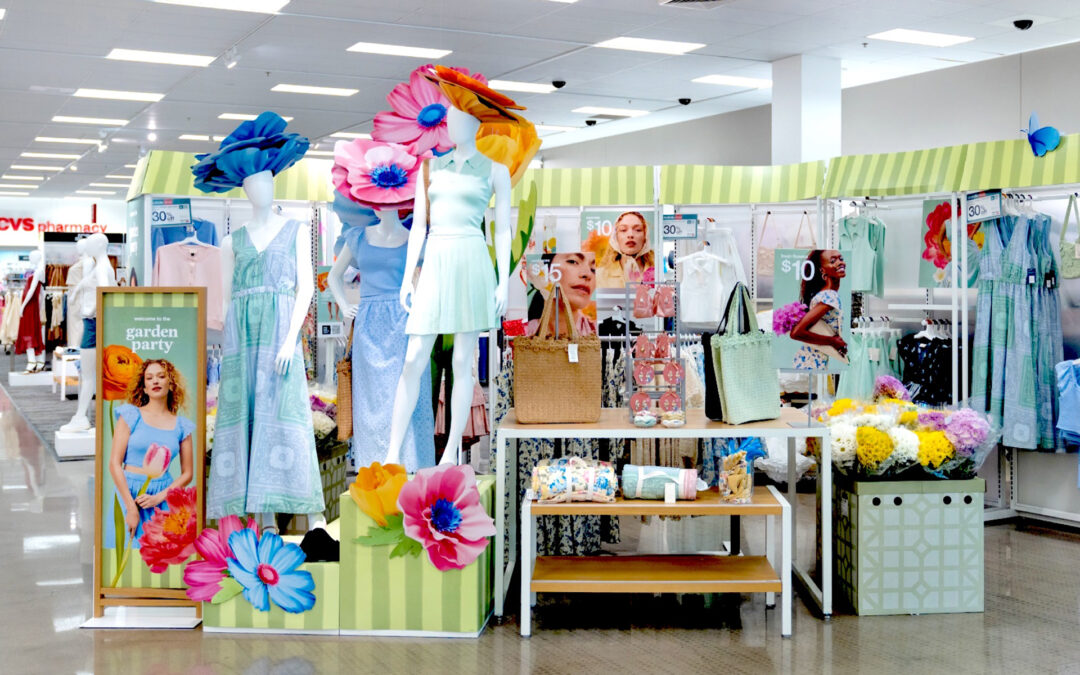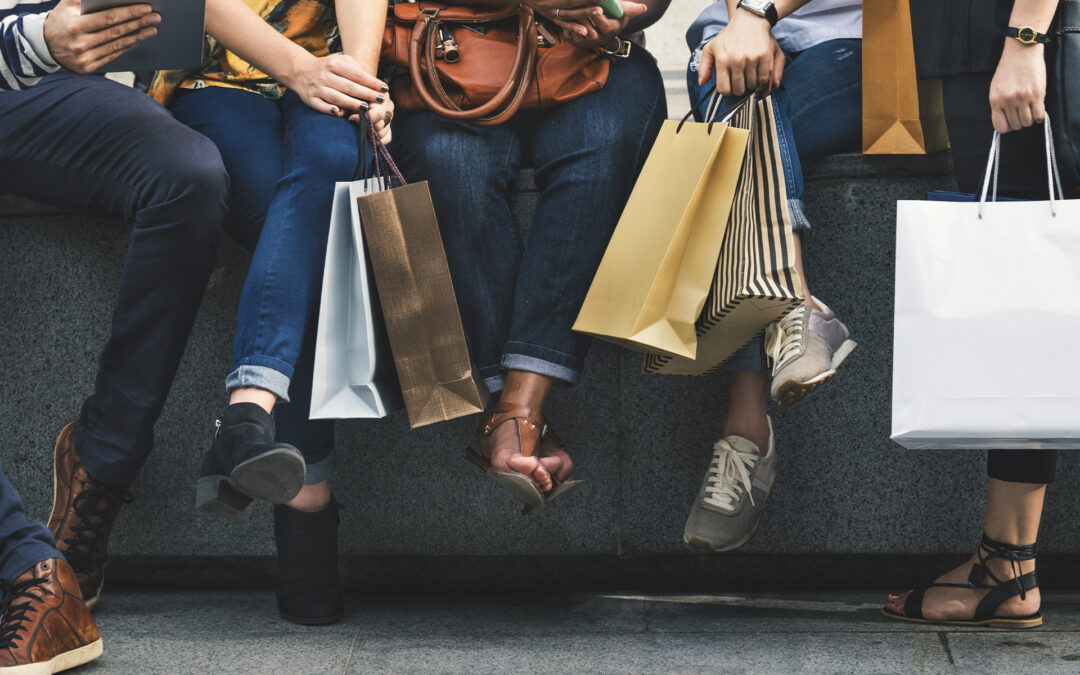To further its social platform goals, Macy’s is introducing, enhancing and extending sustainability initiatives including those that touch on operational considerations such as samples.
So, to reduce waste, Macy’s private brand team has embraced technology that allows it to scale back on the number of physical samples required from suppliers without impacting fit, color and other design considerations. The process has substantially decreased textile waste since launch. In 2019, 5% of samples were digital but by the end of the 2022 development season, 61% of all samples were virtual, reducing material shipped to landfills.
As it builds on its Mission Every One social platform, Macy’s pointed out that it has launched initiatives including those meant to reduce waste such as:
- Use of auto-boxer and auto-bagger technology, which enables Macy’s to create unique packaging that can fit odd or oversized items and, as a result, reduce box volume and waste by up to 50%.
- Providing order information in customer online accounts and using email receipts to curtail reliance on printed invoices that could become waste.
- Reconstituting virgin plastic mailer bags to include 35% recycled content and to reduce the thickness of the bag by 20%, cutting the virgin plastic component by more than half.
- Moving goods from customers back to the sellers, or manufacturers, for reuse or for sale or to resellers, thus extending the lifecycle of a product.
Beyond operational waste and through its partnership with Give Back Box, Macy’s is asking customers to contribute to the lifecycle extension of their clothes, toys and other items by downloading a prepaid shipping label from its website and sending them for resale and recycling, the company indicated.
As part of a 2025 goal to recycle as much material as possible, the Macy’s beauty products team launched a pilot program to minimize environmental impact by shipping outdated collateral to a third-party operator for recycling rather than in-store disposal. The company also launched a program to use RFID technology to track participation and weights of store cardboard recycling to boost store recycling rates to 80% by 2025.
Also, Macy’s is looking to provide circular solutions and services, prioritizing additional opportunities to extend the life of a product. To drive this goal and begin the transition to a more circular business, Macy’s became a part of the Ellen MacArthur Foundation community early this year. It did so to focus on accelerating and enabling the transition to a global, circular economy and to support Fabscrap, a non-profit in New York City that helps ensure that the fabric waste – an unavoidable part of the design and development process – is reused, upcycled, downcycled and recycled responsibly.
“As a leading, omnichannel retailer, we understand the role we play in creating a more equitable and sustainable future for all,” stated Keelin Evans, Macy’s vp of sustainability. “We are committed to promoting a more circular economy across our value chain. Our efforts are focused on providing sustainable and ethically produced brands, products, and services to our customers while reducing our impact on the environment through operations. We’re going to achieve this through our guiding social purpose platform, Mission Every One, and an enterprise-wide collaboration with partners, designers, suppliers, logistics partners, entrepreneurs, colleagues and customers.”





